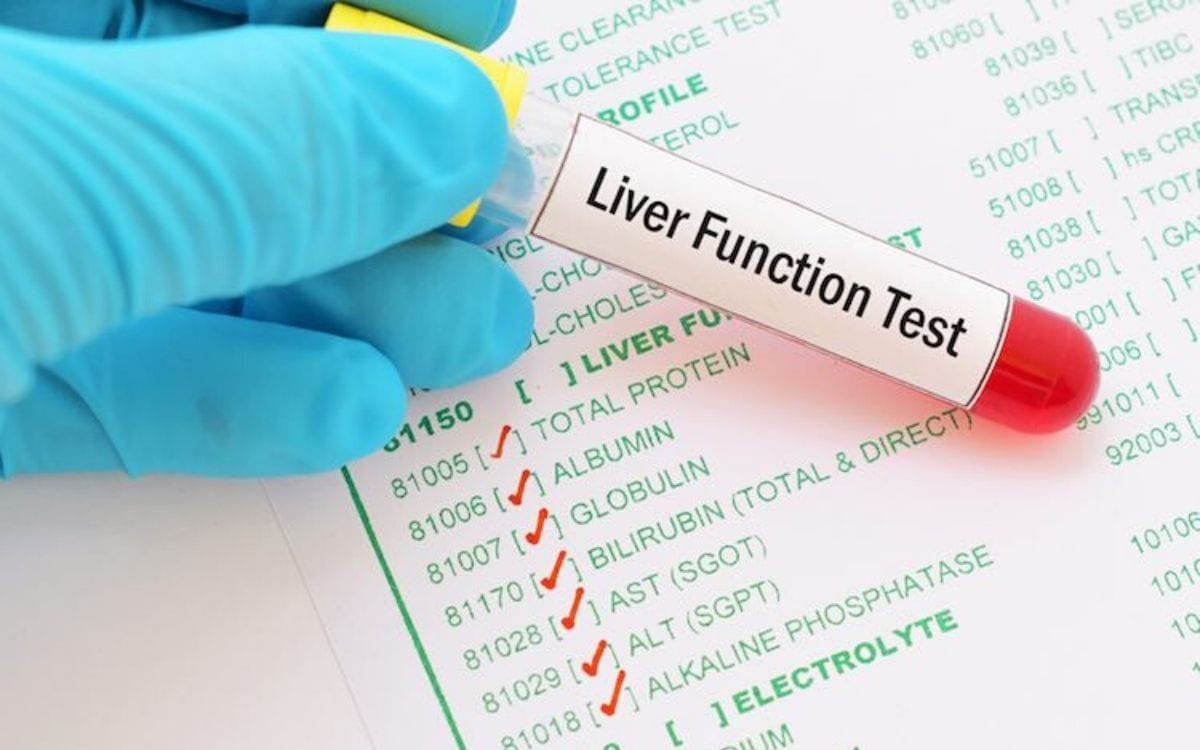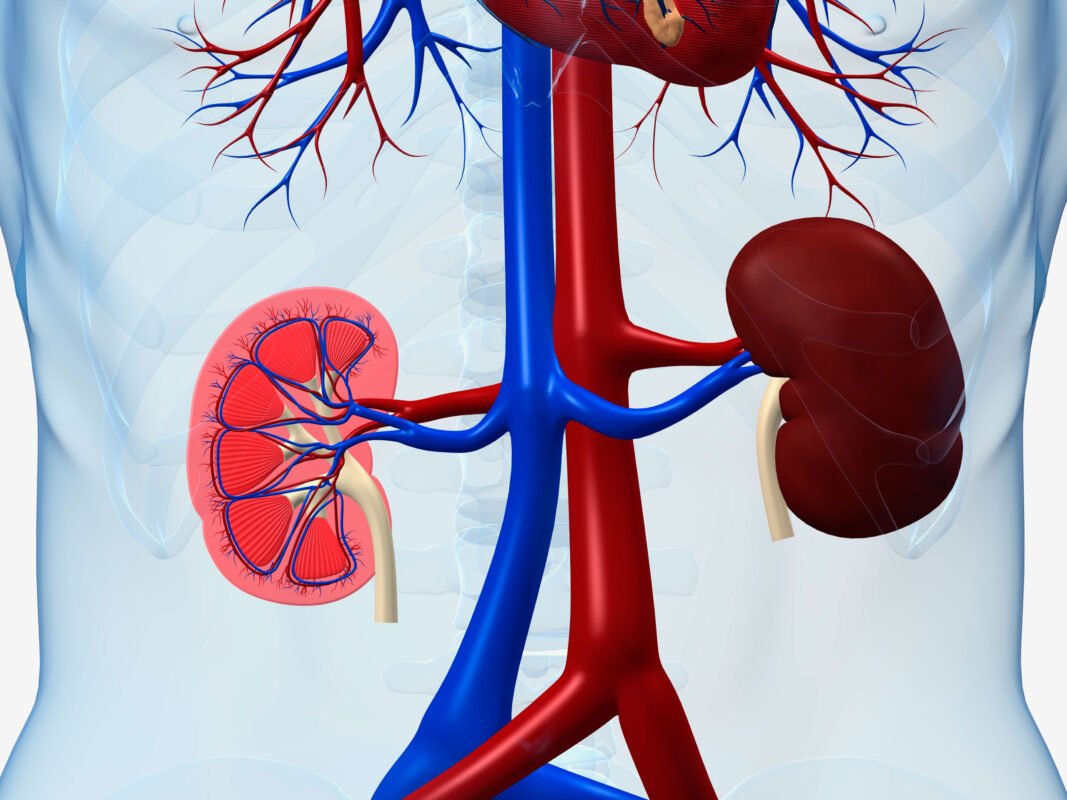Liver Function Tests
What are liver function tests?
Liver function tests (also known as a liver panel) are blood tests that measure different enzymes, proteins, and other substances made by the liver. These tests check the overall health of your liver. The different substances are often tested at the same time on a single blood sample, and may include the following:
- Albumin, a protein made in the liver
- Total protein. This test measures the total amount of protein in the blood.
- ALP (alkaline phosphatase), ALT (alanine transaminase), AST (aspartate aminotransferase), and gamma-glutamyl tansferase (GGT). These are different enzymes made by the liver.
- Bilirubin, a waste product made by the liver.
- Lactate dehydrogenase (LD), an enzyme found in most of the body’s cells. LD is released into the blood when cells have been damaged by disease or injury.
- Prothrombin time (PT), a protein involved in blood clotting.
If levels of one or more of these substances are outside of the normal range, it may be a sign of liver disease.
Other names: liver panel, liver function panel, liver profile hepatic function panel, LFT
What are they used for?
Liver function tests are most often used to:
- Help diagnose liver diseases, such as hepatitis
- Monitor treatment of liver disease. These tests can show how well the treatment is working.
- Check how badly a liver has been damaged or scarred by disease, such as cirrhosis
- Monitor side effects of certain medicines
Why do I need liver function testing?
You may need liver function testing if you have symptoms of liver disease. These include:
- Jaundice, a condition that causes your skin and eyes to turn yellow
- Nausea and vomiting
- Diarrhea
- Abdominal pain
- Dark-colored urine
- Light-colored stool
- Fatigue
You may also need these tests if you have certain risk factors. You may be at higher risk for liver disease if you:
- Have a family history of liver disease
- Have alcohol use disorder, a condition in which you have difficulty controlling how much you drink
- Think you have been exposed to a hepatitis virus
- Take medicines that may cause liver damage
What happens during a liver function test?
A health care professional will take a blood sample from a vein in your arm, using a small needle. After the needle is inserted, a small amount of blood will be collected into a test tube or vial. You may feel a little sting when the needle goes in or out. This usually takes less than five minutes.
Will I need to do anything to prepare for the test?
You may need to fast (not eat or drink) for 10-12 hours before the test.
Are there any risks to the test?
There is very little risk to having a blood test. You may have slight pain or bruising at the spot where the needle was put in, but most symptoms go away quickly.
What do the results mean?
If one or more of your liver function test results were not normal, it may mean your liver is damaged or not working properly. Liver damage can be caused by a number of different conditions, including:
- Hepatitis A
- Hepatitis B
- Hepatitis C
- Alcohol use disorder, which includes alcoholism.
- Liver cancer
- Diabetes
If you have questions about your results, talk to your health care provider.
Learn more about laboratory tests, reference ranges, and understanding results.
Is there anything else I need to know about liver function tests?
If any of your liver function tests were not normal, your provider may need more tests to confirm or rule out a specific diagnosis. These tests may include more blood tests and/or a liver biopsy. A biopsy is a procedure that removes a small sample of tissue for testing.








